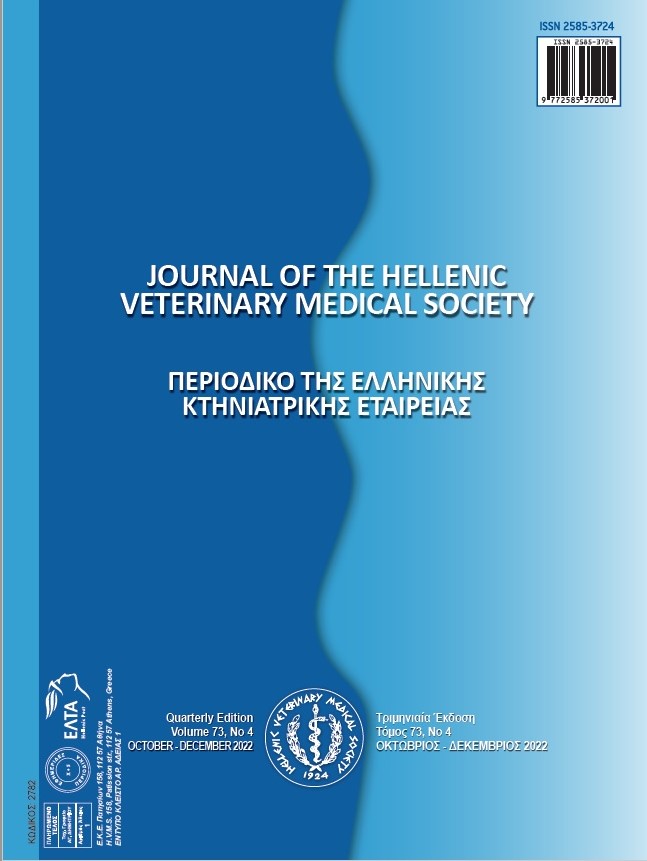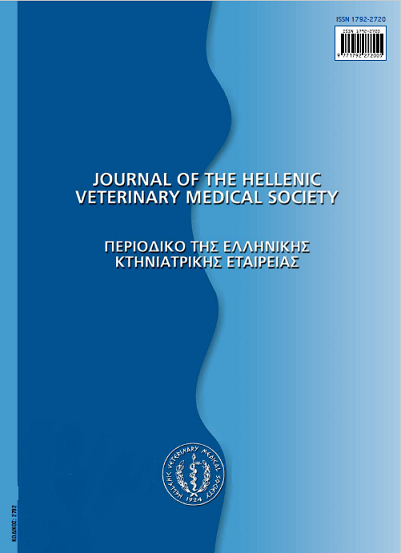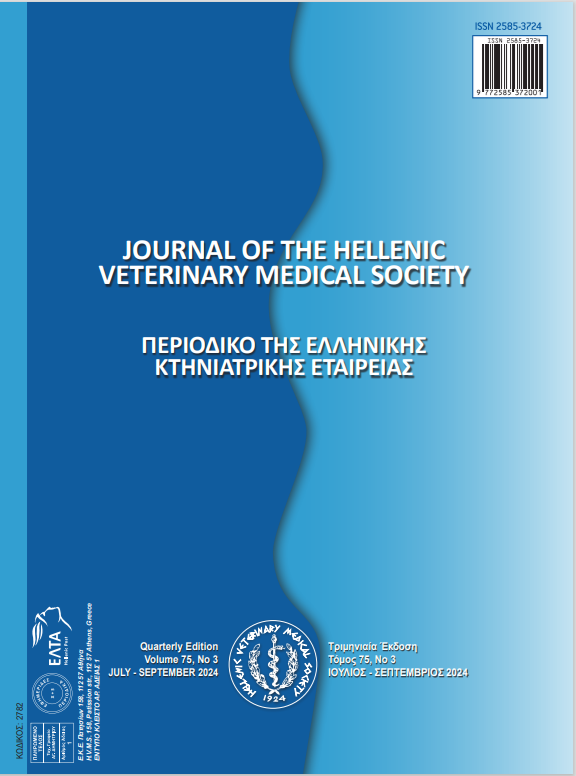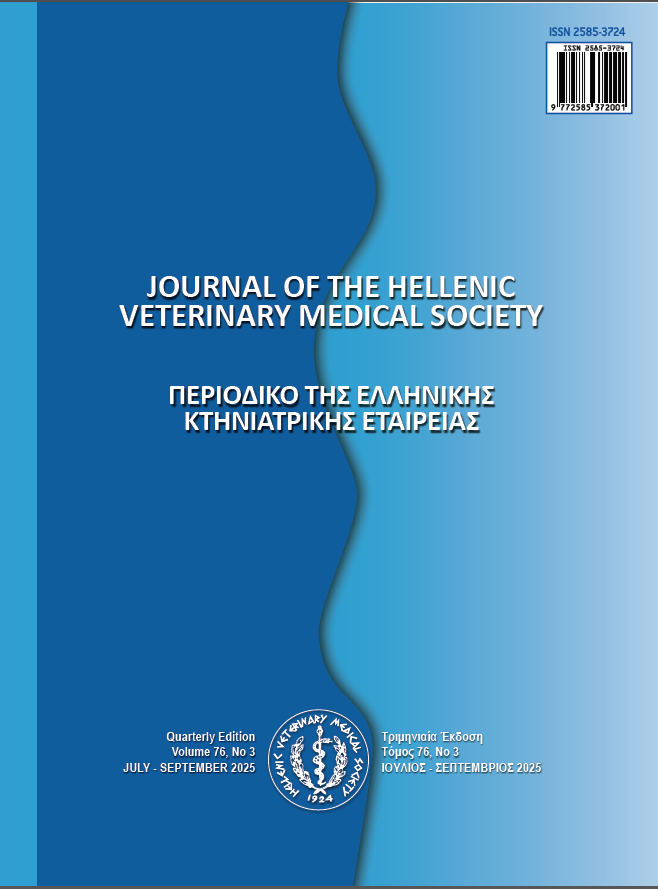A comparative assessment of two different methods, using devices Optiscan-TP and Optigrade-MCP, for predicting the lean meat percentage of pig carcasses in Greece in relation to the European reference method

Abstract
Lean Meat Percentage (LMP) is a key index for assessing pork carcass quality as well as determining carcass classification and price. This framework offers to farmers the incentive to achieve the desired organoleptic features; therefore LMP must be measured objectively online, by means of various measuring instruments. The aim of this work was to assess two different methods for predicting the lean meat percentage of pig carcasses in Greece in comparison to the European reference method. For this reason, the same 130 pig carcasses (65 males and 65 females) were measured using 2 prediction devices (Optiscan-TP and Optigrade-MCP) and subsequently were assessed according to European reference method. A formula corresponding to each device was constructed using the ordinary least squares (OLS)method and excluding the same outliers. Calculated RMSEP for all 130 carcasses was 2.46518 for Optiscan-TP and 2.48489 for Optigrade-MCP. It can be concluded that both methods perform entirely according to EU legislation (Commission Regulation (EC) 1249/2008, European Union, 2008), and results obtained are similar regardless of different measurement points and technologies.
Article Details
- How to Cite
-
Schina, V., Dotas, V., Gourdouvelis, D., Kaimakamis, I., Mitsopoulos, I., Tsakanikas, G., & Bampidis, V. (2023). A comparative assessment of two different methods, using devices Optiscan-TP and Optigrade-MCP, for predicting the lean meat percentage of pig carcasses in Greece in relation to the European reference method. Journal of the Hellenic Veterinary Medical Society, 73(4), 4913–4924. https://doi.org/10.12681/jhvms.28409
- Issue
- Vol. 73 No. 4 (2022)
- Section
- Research Articles

This work is licensed under a Creative Commons Attribution-NonCommercial 4.0 International License.
Authors who publish with this journal agree to the following terms:
· Authors retain copyright and grant the journal right of first publication with the work simultaneously licensed under a Creative Commons Attribution Non-Commercial License that allows others to share the work with an acknowledgement of the work's authorship and initial publication in this journal.
· Authors are able to enter into separate, additional contractual arrangements for the non-exclusive distribution of the journal's published version of the work (e.g. post it to an institutional repository or publish it in a book), with an acknowledgement of its initial publication in this journal.
· Authors are permitted and encouraged to post their work online (preferably in institutional repositories or on their website) prior to and during the submission process, as it can lead to productive exchanges, as well as earlier and greater citation of published work.





